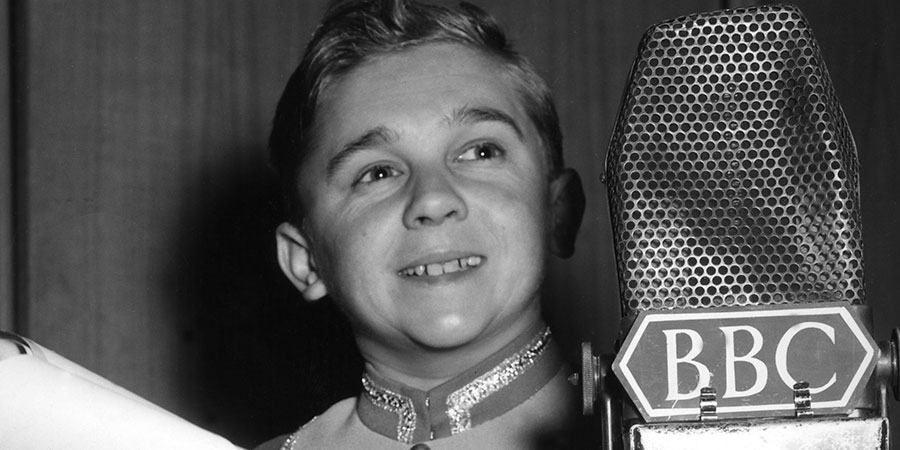In anticipation of making some new posts here in upcoming days, I thought I would share some posts from my old “PaBlog” that have been lost to posterity until now. This one originally ran in August of 2009.
After tomorrow, blessed be, we will finally be able to go another 10 years before we ever have to hear the name “Woodstock” referring to anything other than a bird.
Still, as much as I hate the hype around one of the worst-planned rock concerts in history – one that was so badly thought of at the time that Joni Mitchell, who would later make 2.8 shitloads of dollars off a song where she pretended to be there, thought it was more important to go on the Dick Cavett Show – I do think it is something to be studied. The problem is that while most people weave hagiographies to this travesty in a mud pit, I think it’s more important to study the complete and utter failure that Woodstock is in nearly every category.
First off, for what was supposedly the greatest rock concert in history, let’s look at a few of the artists of 1969 who were supposed to be at Woodstock, but all felt it was more important to not show up:
- The Doors
- The Byrds
- Jethro Tull
- Joni Mitchell (as mentioned above)
- Led Zeppelin
- The Moody Blues
- Tommy James and the Shondells
- Bob Dylan.
Really, now, the biggest concert of the 1960’s and you don’t have The Doors or Bob Dylan? Sure, the Beatles were breaking up and the Rolling Stones were in Britain, but you can’t land Bob Dylan, who lived a couple of towns over and was the voice of the generation that this festival was supposed to personify? Weak. Sure, you had The Who and Janis Joplin, but when the big draw on your bill is Creedence Clearwater Revival? Pack it in.
But even if we want to overlook the second-string lineup of acts (although some, like Crosby Stills & Nash would become even more famous after the fact), there is one area in which the sheer suckitude of Woodstock cannot be overemphasized. Sadly, that’s the one area that the whole big mess that the stoner revisionists and baby boomers keep bringing up. They keep pushing Woodstock as the height of a social movement and something to be proud of.
Know what? They’re full of shit.
Look at the defining moments of just a few recent generations. The generation before the Baby Boomers fought and won World War II and put a man on the moon. The generation before that brought us the height of American literature and arts. Before that, the Progressive Movement changed society forever and World War I changed the political face of the entire world.
And what did the Baby Boomers do? They got stoned, listened to some music, and fucked.
In the mud.
I’m sorry, but when the pinnacle moment of your generation includes the warning “don’t eat the brown acid,” I think you need to reevaluate your priorities.
The saddest thing about Woodstock is that, for all intents and purposes, it was the end of the Hippie movement. It was the peak, and everything else from that point on was downhill. The people at Woodstock could have been energized to go out and really change the world, like so many people have tried to make it out that they did. They didn’t. Nixonism reigned down in Washington. The Vietnam War got longer and bloodier. Domestic unrest and violence in our streets picked up. Peace and Love became just another bumper sticker. If the pre-Woodstock days were summed up by the Beatles’ “All You Need Is Love,” the years after Woodstock were summed up by the Rutles’ “All You Need Is Cash.”
There were half a million hippies at Woodstock. 500,000! That’s a massive number of people, especially at that time. If the Hippies really wanted to change the world, end the war, etc., they could have marched two days south (on foot, in their vehicles they could have been there in hours) and brought Washington to a complete standstill. They could have made their voice and their message heard. Or the people could have dispersed from that point and gone home to organize; re-energized and encouraged by their experiences at Yasgur’s farm they could have left with a new commitment to carry their dreams and actually change the world.
Instead, they all dispersed and went home… where they got stoned, listened to music, and fucked. But at least this time mud wasn’t involved (in most cases).
Woodstock should be held up as the apotheosis of self-aggrandizement. It is a testament to the utter and complete failure of the Baby Boomers. Woodstock was the death rattle of the social movements that had come along in the late 60’s in America. The promise of a revolution of peace and love died with a whimper accentuated by the strains of Jimi Hendrix’ guitar. The Flower Power Company disconnected everyone due to non-payment. As the 6 in the year rolled up off the universe’s perpetual clock display to be replaced by a 7, it took with it everything that the hippies stood for. The memorial plaque at Yasgur’s Farm might as well have been a headstone.
Even The Who, who played their entire rock opera Tommy some time around 4 AM when probably 50 people were awake, recognized the sea change. Actually go listen to the lyrics of Won’t Get Fooled Again some time if you can avoid being distracted by Roger Daltrey ripping his vocal chords to shreds and Pete Townshend destroying his eardrums:
And nothing in the streets
Looks any different to me
And the slogans are replaced, by-the-bye
And the parting on the left
Is now parting on the right
And the beards have all grown longer overnight
“Meet the new boss, same as the old boss,” indeed.
And let’s also not forget that twice as many people died at Woodstock as died at Altamont a few months later.
In ten years, the 50th anniversary of the world’s most disastrous rock concert will come upon us. Everyone who attended the concert (with the possible exception of the two babies born there) will either be on Social Security, in a home, or dead. Maybe by then cooler heads will prevail and those of us who happen to be left half-alive (as Townshend wrote) will be able to cast a serious eye on Woodstock and recognize it for what it really was: three days of escapism, drugs, self-importance, and wasted youth. It really was a teenaged wasteland, and those who hold it up as anything but do the entire world a disservice.

